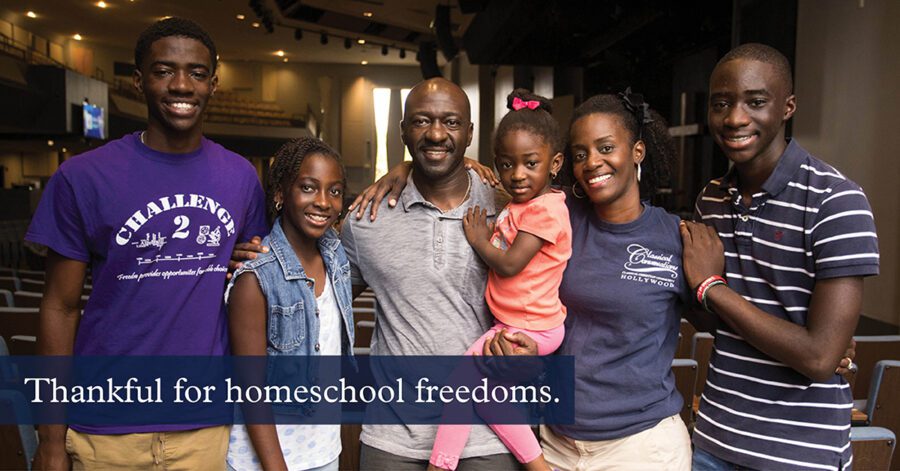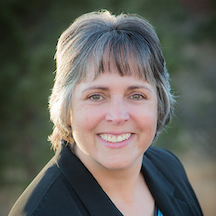By Carolyn Martin, CHEC Director of Government Relations
The following was originally published as “Legislative Update for December 20, 2023” at CHEC.org. It has been republished here with the author’s permission.
Laws, Rules, and Guidance
It is vital that homeschoolers meet their legislators and participate in Homeschool Day at the Capitol and Legislator Day events to protect homeschooling freedom. The legislature solely holds the authority to make laws, while the Executive Branch departments or agencies set the rules for implementing and enforcing those laws. They then use their rules to create guidance on how to follow the rules and comply with the law.
Over the past several years, the Colorado Department of Education (CDE) has been working on revising the rules around public school financing. The broad rule-making authority has been given to the State Board of Education (BOE) to promulgate rules around part-time programs (CRS 22-54-103(10)(e.5)). The BOE, an elected body, will be reviewing and voting on these rules in February. These changes will impact some part-time public-school programs utilized by homeschoolers.
Changes to Part-Time Programs?
Teacher Qualifications: Technically, they have not changed their guidelines around teacher qualifications for schools receiving funding. At the BOE meeting on December 13th, the CDE representative said they merely moved some of the language from their guidance document into the rules for clarity. School districts, charter schools, and BOCES can still receive waivers to allow teachers who do not have a teacher’s license to teach classes. Additionally, they made it clear in the rules that classes where the parents are the teachers will not be funded.
Eliminate K–5th Grade Online Part-Time Programs: They will no longer fund part-time pupils for asynchronous supplemental online learning for K–5th grade students. This is a change from current policy but is within their authority to decide. Those students must enroll in an online district school to receive those types of services.
Contracts With Instructional Providers: According to CDE, local school districts, charters, and BOCES have the authority to contract with third parties to provide educational services. From what they said, the proposed rules do not change the local control aspects of this provision, but they do add more accountability to these programs by adding additional documentation and hoops for them to go through to be funded.
Impacts on Independent Homeschoolers?
As long as a homeschool family does not enroll in a public-school program, these rules do not apply. While the attitude of education bureaucrats remains opposed to our right to homeschool, these rules do not threaten the homeschool law. But, as Treon Goossen, one of the co-authors of Colorado’s homeschool law, wrote concerning the danger of the emergence of part-time public-school programs, “The public school system wants the public/parents to believe that ‘it is all homeschooling’ so when they make their move to eliminate the control of parents over their independent homeschools and thrust them back under state control — it will appear to be the most natural thing to do.” (Read the full article and connect the dots.) She contended that these programs are a threat to our liberties.
As you know, CHEC works closely with HSLDA on all matters related to homeschooling. HSLDA’s position is that the current proposed rule changes only affect taxpayer-funded public programs and do not threaten the homeschool law. Additionally, HSLDA does not support tax-payer-funded public programs as the programs themselves have the potential to undermine private home education. CHEC and HSLDA will continue to work to ensure homeschooling families remain as free as possible from government control.
Remember: what the government funds, the government controls. CHEC envisions families honoring Jesus Christ by embracing Christ-centered home discipleship and free from government control. We will continue to monitor these rules as they move through the process and keep you informed.
Attend CHEC’s Meet Your Legislator Day – February 15th!
Find out what CHEC is doing this year and register. You won’t want to miss this opportunity for you and your family to help protect the homeschool law in Colorado!
Read the original CHEC article.

Carolyn Martin serves as CHEC’s Director of Government Relations, working for you and other liberty-loving families to protect homeschool freedom, parental rights, and religious liberty at the state capitol. Subscribe to the CHEC blog for Carolyn’s regular updates, learn more about legal issues in Colorado, and support Homeschool Freedom. Contact Carolyn directly at carolyn@chec.org.

















